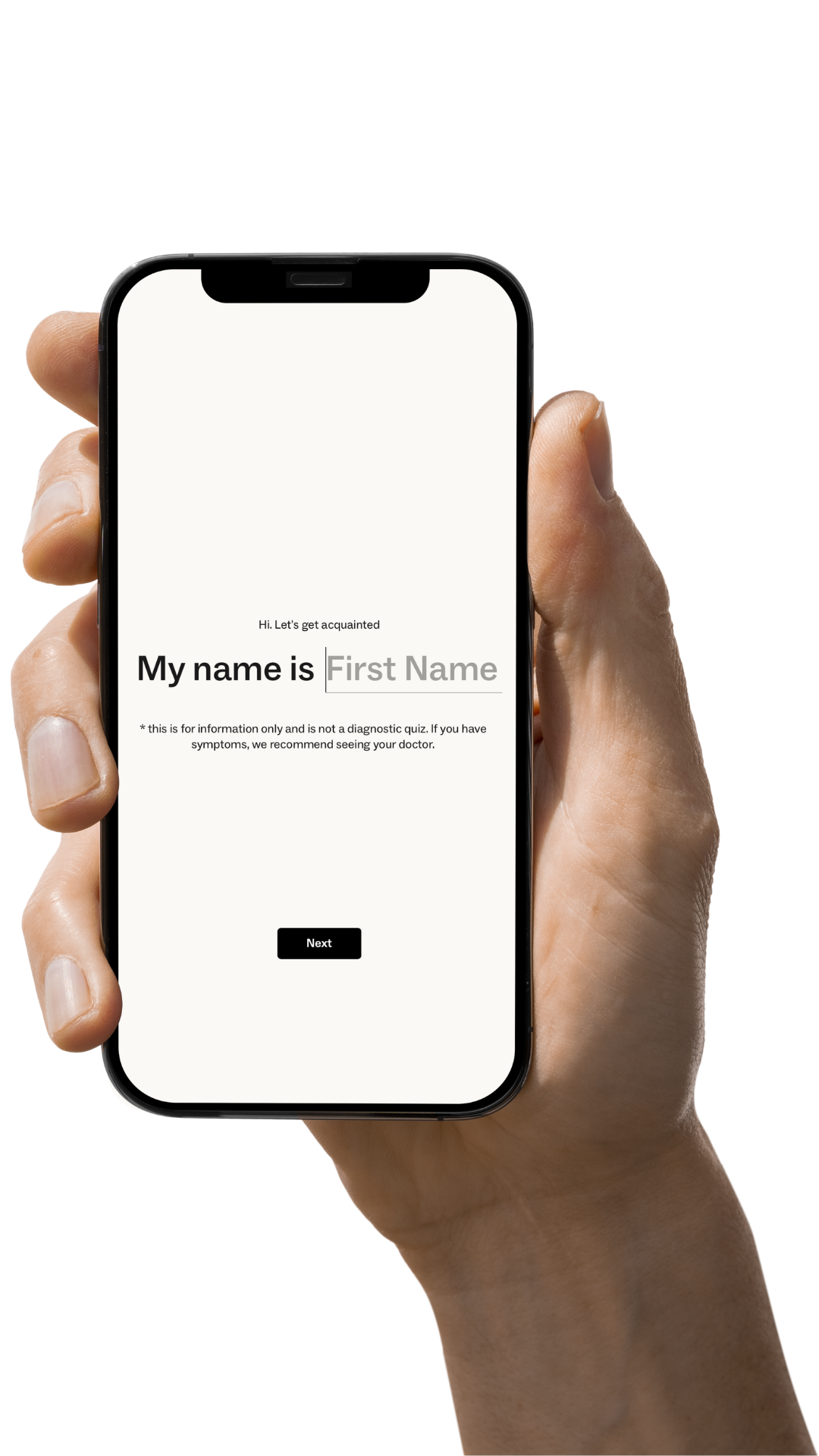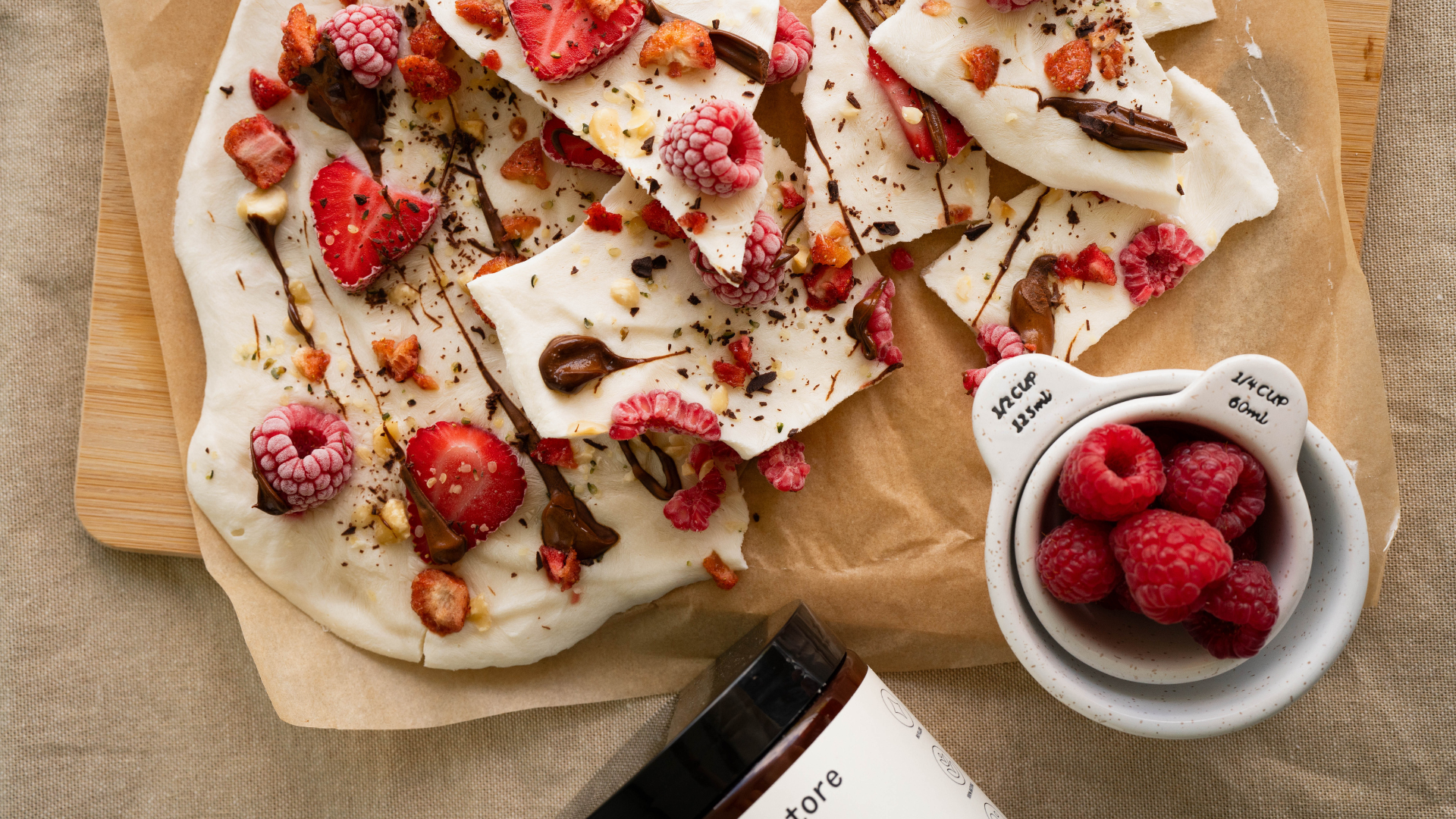This light, yet still deliciously creamy gut friendly Panna Cotta is full of gut friendly ingredients such as gelatin, and dark chocolate.
Eating more pro-gut proteins like gelatin, collagen and organ meats is a simple way to both improve your protein intake, and give your gut a powerful healing boost on your way up to better health.

Ingredients
- 2/3 cup milk of your choice, divided
- 2 tbsp Good Gut Gelatin
- 1/4 cup honey
- 1 tsp vanilla extract
- 100g dark chocolate (80%+), finely chopped
- 1 1/2 cup plain greek or coconut yoghurt
Toppings (optional): whipped cream, berries, cacao powder
Method
- Pour 1/4 cup of milk into a small bowl, and sprinkle the gelatin on top. Let bloom for 10 minutes.
- In a medium saucepan bring to a gentle simmer the remaining milk, vanilla and honey.
- Add the gelatin, and whisk until the gelatin has fully dissolved into the hot milk.
- Melt the chocolate in a bowl over simmering water. Pour the warm milk mixture through a sieve into the chocolate. Stir until the chocolate has melted then stir in the greek yoghurt until fully combined.
- Pour the final mixture into small glasses, bowls, or ramekins.
- Refrigerate for 3-4 hours or overnight.
#PROTIP This Panna Cotta makes a delicious snack, dessert or even breakfast, paired with a little yoghurt and fresh, seasonal fruits.

